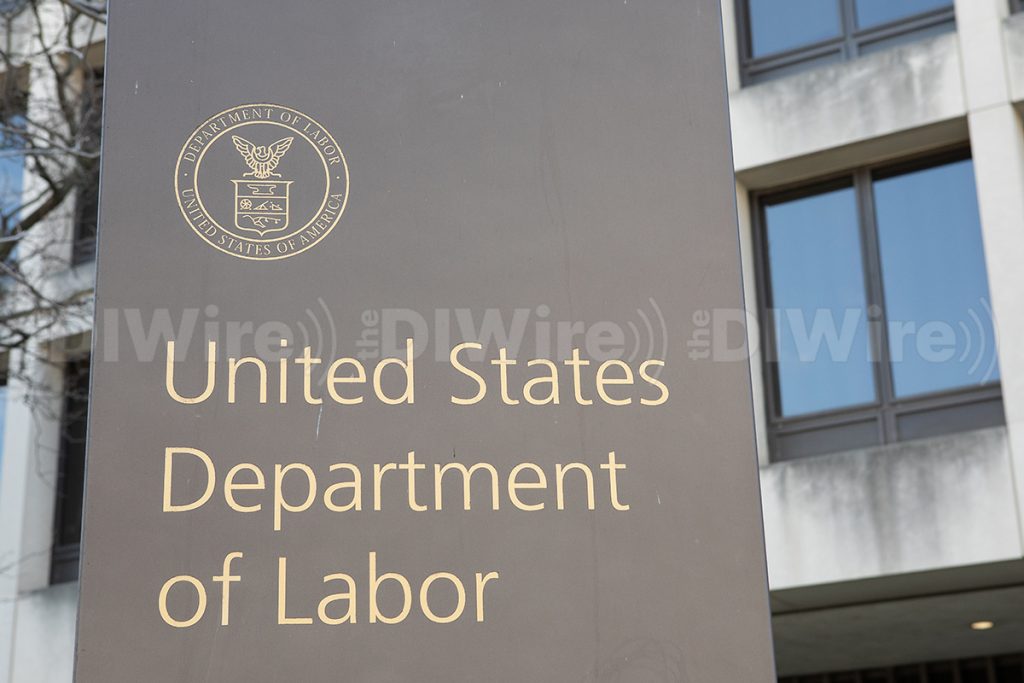DOL Fiduciary Rule Receives Praise, Criticism on Day 1 of Hearing

The first day of the Department of Labor’s two-day public, online hearing regarding its controversial, new retirement security rule – also known as the fiduciary rule by many industry insiders – took place on Tuesday. Officials, including Lisa Gomez, assistant secretary of labor; Ali Khawar, principal deputy assistant secretary; and Timothy Hauser, deputy assistant secretary for program operations, heard both praise and criticism from some of the 45 groups that had requested to testify at the hearing.
As previously reported by The DI Wire, the DOL first revealed its new fiduciary proposal on Halloween with a press conference where President Biden vowed to “eliminate junk fees in retirement savings.” According to the DOL, the proposals seek to protect investors saving for retirement by helping to ensure investment advice providers deliver recommendations that are in the investor’s best interest. Assistant Secretary Gomez echoed this sentiment in her opening statement, saying that the rule’s primary goal “is to make sure that when individual retirement investors turn to investment professionals for sound advice rooted in their best interest, they get just that — advice that is prudent, loyal, candid, and free from overcharges.”
Among the first to voice support for the rule was the American Retirement Association (ARA). CEO Brian Graff highlighted the “significant regulatory gap” that the proposed rule would close. Graff emphasized that the SEC’s Regulation Best Interest (Reg BI) and the NAIC’s Model Rule only cover individual investors and not plan sponsors. As such, even very small businesses sponsoring a retirement plan are effectively treated as if they were sophisticated investors, when in most cases they are dependent on their advisor’s recommendations. “It is simply nonsensical to give an unsophisticated small-business owner who is arguably making a more consequential set of investment decisions on behalf of his or her employees less investor protection than that same small-business owner would likely get with respect to investment advice received on his or her own personal investments,” said Graff.
The proposed rule also received its share of criticism during the hearing. One common objection was that the proposal is too similar to a 2016 rule finalized by the DOL, but invalidated by the U.S. 5th Circuit Court of Appeals. Other commenters stated that the proposal was redundant, as state insurance regulators and the Securities and Exchange Commission already regulate the same annuity and rollover transactions, respectively. Susan Neely, president and CEO of the American Council of Life Insurers, called for a full withdrawal of the proposal. Neely claimed that the rule depends on “stale data and an incomplete cost-benefit analysis and curtails access to lifetime income products” and that the DOL’s cost-benefit analysis has “fatal flaws.” She also argued that the rule would create higher compliance costs, which may cause advisers to leave the market.
Similarly, Lisa Bleier, associate general counsel for the Securities Industry and Financial Markets Association, urged the DOL to withdraw the rule, saying that it “is overly broad, unnecessary, and inconsistent with existing federal regulations such as the SEC’s Regulation Best Interest.” She also claimed that the proposal’s 60-day comment period, which concludes on January 2nd, is too short. The 2016 fiduciary rule had a 75-day comment period and a 15-day extension.
The online hearing will continue on Wednesday, December 13th, starting at 9:00 a.m. EST. If necessary, an online hearing may also be held on Thursday, December 14th.

